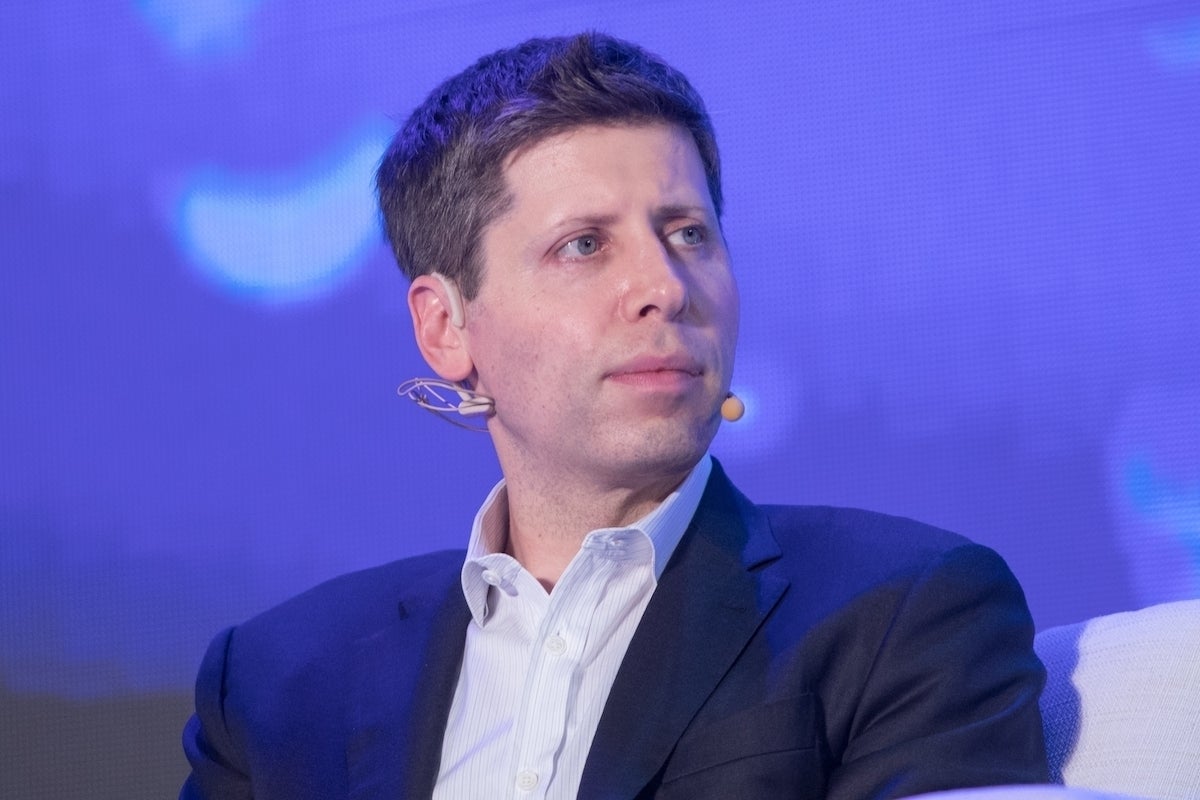After disrupting the AI industry by launching ChatGPT, OpenAI’s Chief Executive Officer, Sam Altman, is now looking to reimagine the global semiconductor industry.
Alrman hopes to do that by raising $5 trillion to $7 trillion to “boost the world’s chip-building capacity, expand its ability to power AI, among other things,” according to a Wall Street Journal report. Altman is in talks with the UAE government, SoftBank, and Taiwan Semiconductor Manufacturing Company (TSMC), among other investors, to raise the massive amount, the report said.
As per reports, Altman was earlier in talks with Abu Dhabi-based AI firm G42 and SoftBank Group for a new chip venture envisioned to supply AI chips globally. OpenAI had earlier tied up with G42 to provide AI services in the regional markets.
Altman’s desire to take control of the chip supply chain will not only help OpenAI ensure improved prices but also control the development of the AI ecosystem. “If you look at most successful firms in their categories, they look or design their own chips at a later stage for better price and performance ratio for their specific requirements. For example, Apple and Tesla are designing some of their own chips along with AWS, Google, Microsoft, and Meta. In a similar context, it may make sense for OpenAI to design its own chip for better price and performance,” said Pareekh Jain, CEO at Pareekh Consulting.
The initiative, if successful, will help Altman create a massive business based on the market needs. “This is something similar to Amazon launching an AWS [Amazon Web Services] business to manage the world’s IT infrastructure and software on the cloud. Similarly, this looks like the next step for Altman,” Jain said.
Massive shortage of AI chips
The growing adoption of AI has led to a massive shortage of AI chips or GPUs, which is crippling the growth of the industry. Altman wants to take control of the entire value chain to ensure that the chip shortage doesn’t hamper the growth of the AI ecosystem. Nvidia, which had designed the chip used in ChatGPT, is largely believed to be the market leader in AI chips.
“In the adoption of Generative AI, the biggest bottleneck is the cost and availability of GPU [Graphics Processing Units] chips. If OpenAI can solve this, it will help not only OpenAI but the whole ecosystem in the faster adoption of Generative AI,” Jain said.
“AI infrastructure plays a key role in the training/inferencing of foundation models sitting at the core of the next-gen AI ecosystem, while the advancement and proliferation of AI technologies rely heavily on specialized hardware, particularly AI chips that are optimized for AI tasks,” said Charlie Dai, VP, Principal Analyst, Forrester.
Geopolitical face-offs for AI chip capabilities
It is tough to think of a precedent of an organization generating the kind of funds Altman has in mind for the AI chip initiative. It is safe to conclude that this kind of initiative will likely involve investors from several nations or governments, which can potentially lead to geopolitical conflict zones.
The shortage of AI semiconductors has led to a chip war between the US and China, with both countries trying to prevent the other from gaining the upper hand. For instance, the US came up with a chip ban in October 2022, banning the export of AI chips to China.
“The shortage of AI chips has already cast a shadow over AI innovation, especially in China, due to geopolitical frictions,” said Dai.
In addition, this kind of initiative will typically take a long time to raise funds as well as to set up manufacturing units. If chip shortage is worrying Altman, this initiative is unlikely to address it in the near term.
“With the demand outpacing supply for AI hardware especially in compute - entities that have access to hardware first will enjoy the advantage of maturity of the AI models as it gives them time to fine-tune and iterate the model to serve the intended workloads/function/application,” said Akshara Bassi, Senior Analyst, Counterpoint.
“The initiative itself is more of an ambition in the long run instead of a realistic target in the short term,” said Dai of Forrester. While it remains to be seen whether Altman will succeed in this ambition or not, it is safe to say that he has successfully ushered the world into an AI era. The idea of raising trillions to control the global AI supply chain sounds extraordinary and will demand all of Altman’s business acumen and grit to make it a success. But then Altman is known to disrupt the market and make astonishing and dramatic comebacks.






